Every miner wants to use the cheapest and effective way to mine cryptocurrency. Between cloud mining and hardware mining, which one is better?
Most cryptocurrencies are bought off crypto exchanges, but that's not the only way to get them. Another notable way to get your hand on digital currency is by crypto mining. It's increasingly getting popular nowadays as more people got interested in it and end up trying it themselves.
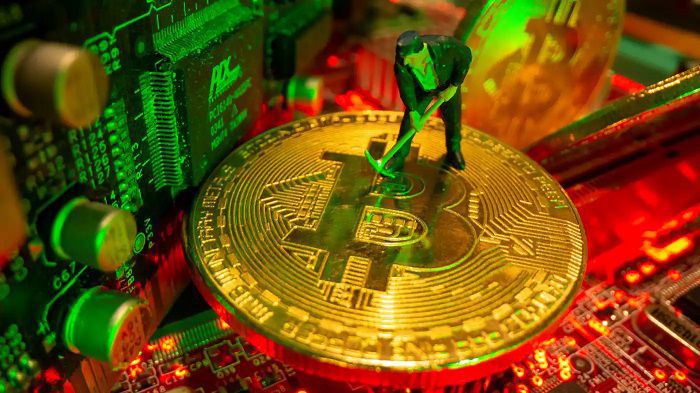
Unlike gold mining, crypto mining doesn't involve tunneling into the ground and dig for precious metals. It's actually a computerized method to verify crypto transactions on the blockchain and add new crypto coins into circulation.
All a miner needs are advanced computer hardware and a speedy internet connection. But even that alone doesn't guarantee success because crypto mining is like playing a game of who's the fastest and the most accurate. As crypto mining has become quite popular these days, the competition is also getting stricter. Because of that, miners are always on a mission of finding the most effective and affordable way to mine.
This leads to the emergence of several ways of crypto mining, one of which is cloud mining. Compared to the more conventional hardware mining, how does it compare?
Cloud Mining in a Nutshell
Cloud mining is a mechanism to mine cryptocurrencies by purchasing hash power via a third party. You just have to rent cloud computing power provided by a specific mining firm, hence you won't have to install and directly run the hardware and the related software. Since the process is done via cloud or remotely, it opens access to a wider number of users regardless of where they come from. It can also reduce issues like direct energy costs and maintenance costs.
A cloud mining firm basically runs a mining mechanism and allows people to remotely participate in the process for a certain fee. You should first register to the firm, open an account, and purchase the mining contracts by depositing some fees. Once it's done, the mining company will allocate their mining hardware to your account and all the rewards generated by that mining rig will also be transferred to your account.
Depending on the company's policies, you may be charged additional electricity and maintenance fees. You can either pay for it upfront or get the fees deducted from your account balance every day. Some firms even advertise Lifetime contracts for crypto mining which may sound interesting, but also risky because it means that it will keep mining until it generates profits.
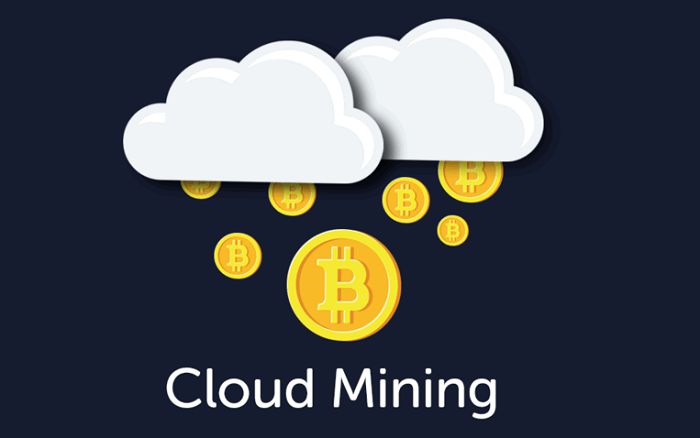
The Pros and Cons of Cloud Mining
The first advantage that cloud mining can offer is accessibility. As it is done remotely, it can open the door to crypto mining for all with small to no access to advanced hardware infrastructure and technical knowledge. It's able to break the common perception that only tech experts can generate income from crypto mining. In cloud mining, you can immediately start mining once you purchase a contract.
When it comes to the cost, cloud mining is considered much cheaper because it requires lesser maintenance. It's also way more space-effective because it doesn't occupy physical space and doesn't make any noise. You can save yourself from having to cool down mining machines, dust cleaning the hardware, or constantly monitor the performance.
In terms of profitability, cloud mining can offer a more steady income. It has a constant hash rate that won't decrease due to the declining efficiency of hardware or environmental factors. Cloud mining contracts usually last for at least two years, which is the expected life span of any mining hardware assuming the machines are running nonstop. You can get daily payouts either automatically or manually.
Despite having many advantages, cloud mining also has several downsides. For instance, there's a growing number of scams in the industry as cryptocurrency becomes more popular. Therefore, there is a prospect of getting less profit. Another disadvantage is that there is no control over the mining process.
What about Hardware Mining?
Hardware mining requires you to buy your own mining equipment and operate it yourself. Of course, you also have to cover all the necessary costs, including the setup cost, operation cost, maintenance cost, electricity, and the internet. It is worth noting that such high-tech computers and the mining process itself are very costly as they consume a lot of energy. While it is more exciting and challenging, it is highly expensive and pretty complicated to do alone. This is why many miners usually prefer to join a crypto mining pool instead of mining alone to make it more efficient.
By joining a mining pool, miners combine their resources and become one entity in the mining network. This way, they can get a higher chance of winning and generate more rewards compared to solo mining because mining pools are capable of generating more hash rates.
The Pros and Cons of Hardware Mining
Many people find hardware mining interesting and want to do it themselves using their own equipment, instead of indirectly doing it like in cloud mining. Hardware mining offers full control and authority over your money as you don't need to trust any third party to manage it. It also makes your identity more secure, leaving no space left for hackers to use your personal information.
However, hardware mining is definitely not easy to do. Many hardware miners said that they only benefit after 10-15 months because it's usually very hard to be profitable straight away. It also depends on the crypto price, electricity costs, and the type of mining rig you use. Also, crypto mining requires you to do a lot of researches in order to win and be better than other miners.
The biggest concern about hardware mining is perhaps regarding power consumption. When you run several heavy machines simultaneously and continuously, it won't be surprising if the electricity bill soars up, especially if you're located in a place with higher electricity costs. This is why the largest Bitcoin miners are from China, where electricity is priced lower than most countries. Such huge energy consumption is also harmful to the environment, making Bitcoin mining prohibited in some countries.
Which One is Best?
Both cloud and hardware mining have their own benefits and downsides, so there is no single answer that can dictate which one is the better option. It totally depends on your preference and capability.
Ideally, cloud mining is excellent for those who do not have the time, are not tech-savvy, and do not own the necessary hardware for crypto mining. Also, if you live in a country where the electricity fees are relatively high, then it would be more effective to subcontract your mining operation to a mining firm that operates in a country where the costs are lower.
On the other hand, go for hardware mining if you have the skill and knowledge needed to crypto mine and don't mind spending a considerable amount of money to purchase the necessary hardware. You might get a better reward and more flexibility.
Looking for other opportunities to earn from cryptocurrency? Aside from investing and mining the coin, you can also consider joining an affiliate program. How does it exactly play out? Find out in Best Affiliate Programs to Earn Bitcoin.

 Dedicated FREE FOREX VPS
Dedicated FREE FOREX VPS Free FOREX Virtual Private Server
Free FOREX Virtual Private Server MT4 Demo Contest, Get $500
MT4 Demo Contest, Get $500 Sign Up for an Account, Claim 60% Deposit Bonus
Sign Up for an Account, Claim 60% Deposit Bonus Free MT4/MT5 VPS 2024
Free MT4/MT5 VPS 2024 Send E-mail and Get Free Merchandise
Send E-mail and Get Free Merchandise $1K Refer a Friend Bonus for Pepperstone Pro clients
$1K Refer a Friend Bonus for Pepperstone Pro clients Maximize Your Earnings with 100% Deposit bonus
Maximize Your Earnings with 100% Deposit bonus Trade to Win, $5,000 Monthly Demo Contest
Trade to Win, $5,000 Monthly Demo Contest Claim 30% + 15% Deposit Bonus from LiteFinance
Claim 30% + 15% Deposit Bonus from LiteFinance
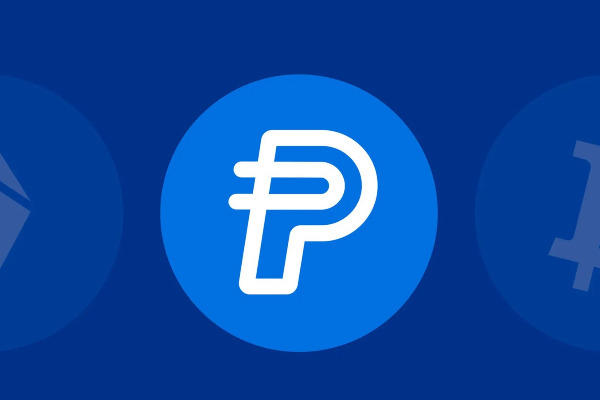
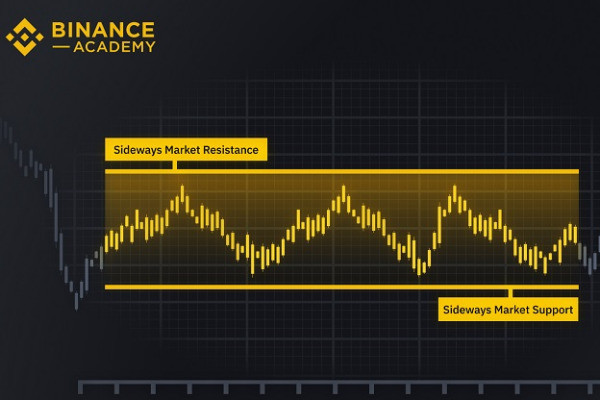
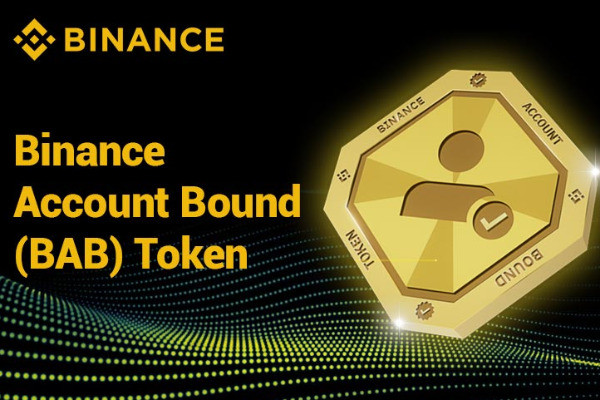
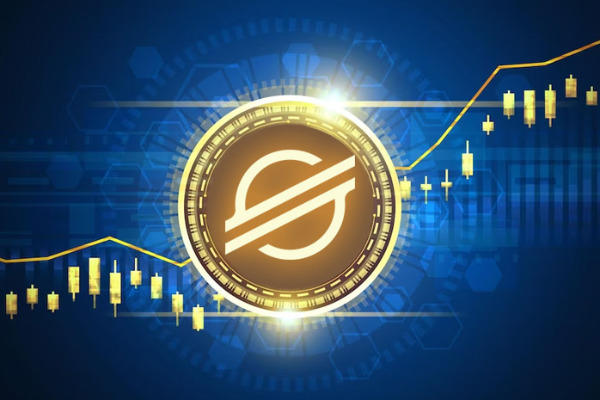
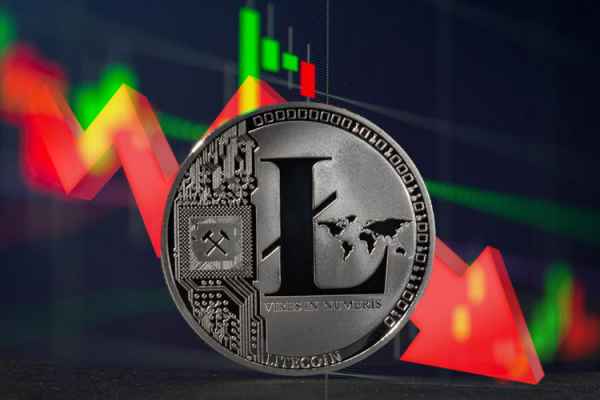

 Bitcoin
Bitcoin Ethereum
Ethereum Tether
Tether BNB
BNB Solana
Solana USDC
USDC XRP
XRP Dogecoin
Dogecoin Toncoin
Toncoin Cardano
Cardano